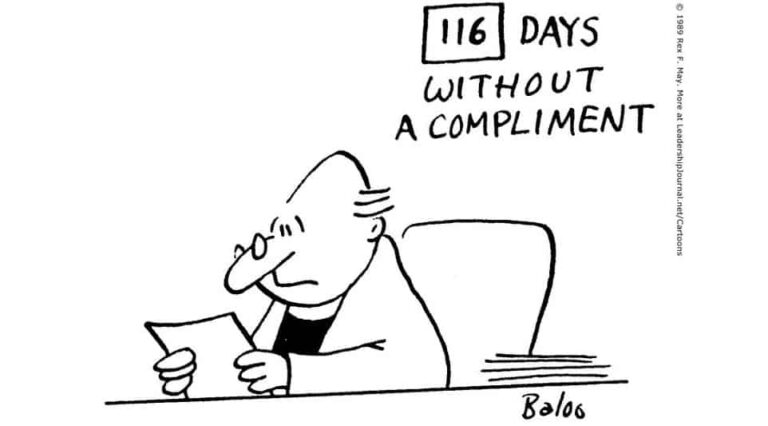Hvordan vite om du er en fryktelig, elendig og veldig dårlig sjef – og hvordan takle slike sjefer?
Fryktelige sjefer kommer i alle former og størrelser .
Du husker sikker noen tidligere sjefer du har hatt gleden – eller frustrasjonen – av å jobbe for.
Ifølge en meningsmåling med 2700 respondenter på Monster.com, anser mer enn én av tre sin sjef for å være «fryktelig» (38 prosent ) og 54 prosent av respondentene ga sjefen negativ vurdering. Bare 17 prosent av respondentene ga sin sjef god karakter .
Selv om denne målingen ikke er vitenskapelig basert, bekrefter det hva vi allerede vet: Det er noen ganske dårlige sjefer der ute .
Men hva med deg ? Kan du være en fryktelig sjef?
Se sjekklisten hos TLNT i Eremedia:
How to know if you are a horrible boss
But what about you? Could you be a horrible boss?
You might be a horrible boss if:
- Your team works incredibly hard, but you always take the credit.
- Your own insecurities and fear keep you from developing and trusting your team.
- You are constantly late and make your team feel like their time isn’t as valuable as yours.
- You limit your team’s exposure to senior leaders.
- You assume your team knows your priorities, without clearly stating what they are and why they are important.
- When priorities shift, you don’t explain why.
- You micromanage and tell your team how things need to be done, instead of letting them figure it out.
Even if you aren’t a horrible boss, or haven’t worked for a horrible boss, you very well may find yourself working for one in the future.
Bad boss? There are things you can do
Advice for dealing with a horrible boss:
- Adapt — You can’t change people, so decide what you can do to make things better. Consultant Ryan Siskow says “Let’s face it, they’re your problem – like it or not – until that manager improves, is discharged or leaves the organization.” In the case of the perpetually late boss, build in extra time for meetings, have a clear agenda and be realistic about what you can accomplish.
- Take a step back, wait, then react — Let the anger and emotions that result from a particularly awful interaction subside. It will allow you to respond with a cool head and keep you focused on your priorities and long-term goals.
- Launch a positive offense — Resist the urge to become a victim. Make a concerted effort to treat your boss with respect and deference. This will often ease him/her out of defense or attack mode.
- Take the initiative when communicating — Schedule weekly check-ins as a way to stay on top of shifting priorities and new information.
- Remember your boss is not your career — Don’t let him/her define you. One leader I know made a concerted effort to network around her boss. She made absolute sure that her results were credited to her.
- Minimize the surprises — Make sure your boss is clear on what you’re focused on in the short and long-term. Constantly ask, “Is there something missing that you think I should have on my radar?”
- Learn from it — Working with difficult people, and turning them into your ally is one of the greatest skills you can master. One leader who weathered two lousy bosses said this:
«The ability to successfully deal with difficult people has helped me in my career. I was recently promoted to a national position within my company. The two biggest advocates in favor of my promotion were both of my former, horrible bosses!”
Keep your patience — and a sense of humor
A friend who was stuck with one bad boss after another told me he never lost sight of these three important things: perspective, patience and a sense of humor.
Because even when one horrible boss leaves your life, the next one could be waiting just behind him.
This was originally published on PeopleResult’s Current blog.
Hele artikkelen finner du her.
Les mer om inspirerende lederforedrag og -workshops her,
Og klikk her for å lese mer om 5 bøker om mer enn 50 begeistringsledere som skaper involvering, begeistring og gode resultater.







